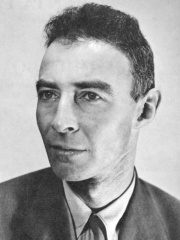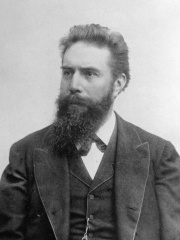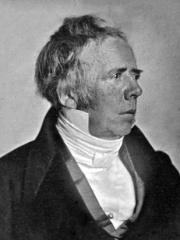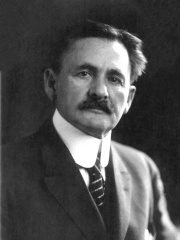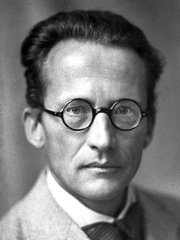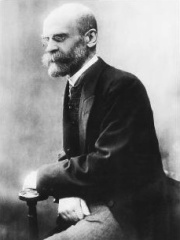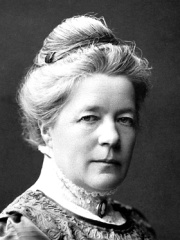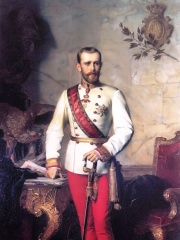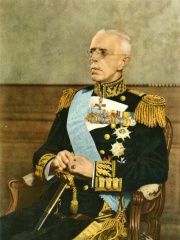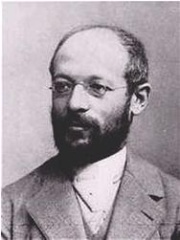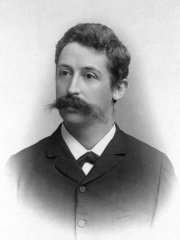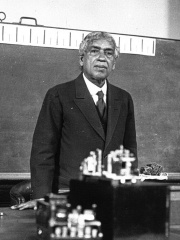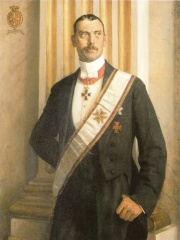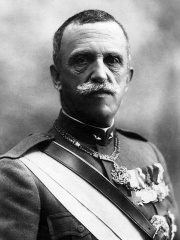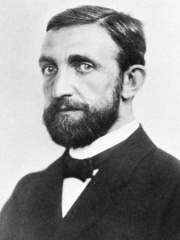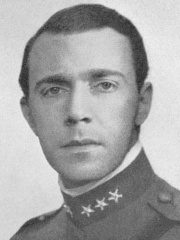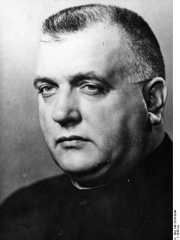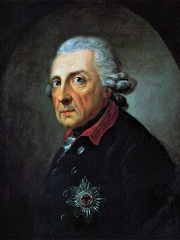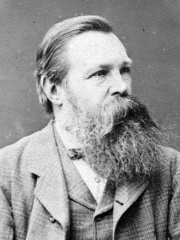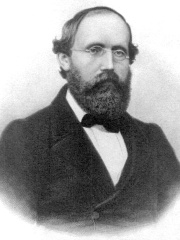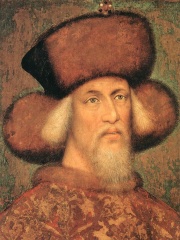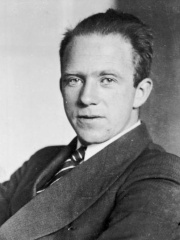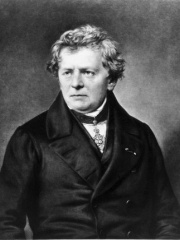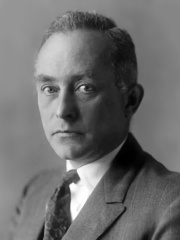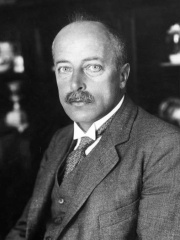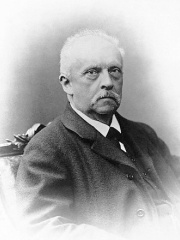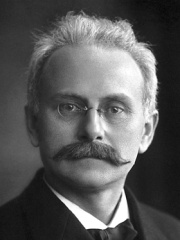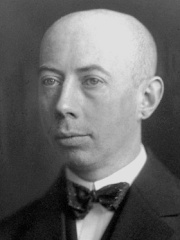Physicist
Max Planck
1858 - 1947
EN.WIKIPEDIA PAGE VIEWS (PV)

 Max Planck
Max Planck
His biography is available in 147 different languages on Wikipedia (up from 142 in 2024). Max Planck is the 10th most popular physicist (down from 7th in 2024), the 31st most popular biography from Germany (down from 26th in 2019) and the 3rd most popular German Physicist.
Max Planck is most famous for his work in quantum physics. He was able to show that light is not a continuous wave, but instead comes in packets of energy called quanta.
Memorability Metrics
Page views of Max Planck by language
Among Physicists
Among physicists, Max Planck ranks 10 out of 851. Before him are J. Robert Oppenheimer, Stephen Hawking, Wilhelm Röntgen, Michael Faraday, Niels Bohr, and Hans Christian Ørsted. After him are Alessandro Volta, Albert A. Michelson, Pierre Curie, André-Marie Ampère, Evangelista Torricelli, and Erwin Schrödinger.
Most Popular Physicists in Wikipedia
Go to all RankingsJ. Robert Oppenheimer
1904 - 1967
HPI: 90.85
Rank: 4
Stephen Hawking
1942 - 2018
HPI: 88.36
Rank: 5
Wilhelm Röntgen
1845 - 1923
HPI: 87.15
Rank: 6
Michael Faraday
1791 - 1867
HPI: 86.08
Rank: 7
Niels Bohr
1885 - 1962
HPI: 85.49
Rank: 8
Hans Christian Ørsted
1777 - 1851
HPI: 85.42
Rank: 9
Max Planck
1858 - 1947
HPI: 85.41
Rank: 10
Alessandro Volta
1745 - 1827
HPI: 85.34
Rank: 11
Albert A. Michelson
1852 - 1931
HPI: 84.49
Rank: 12
Pierre Curie
1859 - 1906
HPI: 84.35
Rank: 13
André-Marie Ampère
1775 - 1836
HPI: 84.30
Rank: 14
Evangelista Torricelli
1608 - 1647
HPI: 84.27
Rank: 15
Erwin Schrödinger
1887 - 1961
HPI: 84.23
Rank: 16
Contemporaries
Among people born in 1858, Max Planck ranks 2. Before him is Giacomo Puccini. After him are Émile Durkheim, Selma Lagerlöf, Rudolf, Crown Prince of Austria, Theodore Roosevelt, Rudolf Diesel, Gustaf V of Sweden, Georg Simmel, Christiaan Eijkman, Jagadish Chandra Bose, and Omar Mukhtar. Among people deceased in 1947, Max Planck ranks 1. After him are Aleister Crowley, Henry Ford, Al Capone, Christian X of Denmark, Rudolf Höss, Victor Emmanuel III of Italy, Philipp Lenard, Prince Gustaf Adolf, Duke of Västerbotten, George II of Greece, Kurt Lewin, and Jozef Tiso.
Others Born in 1858
Go to all RankingsGiacomo Puccini
COMPOSER
1858 - 1924
HPI: 85.72
Rank: 1
Max Planck
PHYSICIST
1858 - 1947
HPI: 85.41
Rank: 2
Émile Durkheim
SOCIOLOGIST
1858 - 1917
HPI: 85.14
Rank: 3
Selma Lagerlöf
WRITER
1858 - 1940
HPI: 83.47
Rank: 4
Rudolf, Crown Prince of Austria
NOBLEMAN
1858 - 1889
HPI: 82.72
Rank: 5
Theodore Roosevelt
POLITICIAN
1858 - 1919
HPI: 80.67
Rank: 6
Rudolf Diesel
INVENTOR
1858 - 1913
HPI: 79.13
Rank: 7
Gustaf V of Sweden
POLITICIAN
1858 - 1950
HPI: 78.86
Rank: 8
Georg Simmel
SOCIOLOGIST
1858 - 1918
HPI: 76.47
Rank: 9
Christiaan Eijkman
PHYSICIAN
1858 - 1930
HPI: 76.20
Rank: 10
Jagadish Chandra Bose
PHYSICIST
1858 - 1937
HPI: 75.36
Rank: 11
Omar Mukhtar
SOCIAL ACTIVIST
1858 - 1931
HPI: 74.73
Rank: 12
Others Deceased in 1947
Go to all RankingsMax Planck
PHYSICIST
1858 - 1947
HPI: 85.41
Rank: 1
Aleister Crowley
OCCULTIST
1875 - 1947
HPI: 83.14
Rank: 2
Henry Ford
INVENTOR
1863 - 1947
HPI: 82.33
Rank: 3
Al Capone
MAFIOSO
1899 - 1947
HPI: 81.56
Rank: 4
Christian X of Denmark
POLITICIAN
1870 - 1947
HPI: 81.17
Rank: 5
Rudolf Höss
POLITICIAN
1901 - 1947
HPI: 80.26
Rank: 6
Victor Emmanuel III of Italy
POLITICIAN
1869 - 1947
HPI: 80.05
Rank: 7
Philipp Lenard
PHYSICIST
1862 - 1947
HPI: 77.85
Rank: 8
Prince Gustaf Adolf, Duke of Västerbotten
NOBLEMAN
1906 - 1947
HPI: 76.63
Rank: 9
George II of Greece
POLITICIAN
1890 - 1947
HPI: 75.76
Rank: 10
Kurt Lewin
PSYCHOLOGIST
1890 - 1947
HPI: 75.66
Rank: 11
Jozef Tiso
POLITICIAN
1887 - 1947
HPI: 75.55
Rank: 12
In Germany
Among people born in Germany, Max Planck ranks 31 out of NaN. Before him are Max Weber (1864), Wilhelm Röntgen (1845), Frederick the Great (1712), Johannes Brahms (1833), Friedrich Engels (1820), and Angela Merkel (1954). After him are Bernhard Riemann (1826), Anne Frank (1929), Sigismund, Holy Roman Emperor (1368), Hermann Hesse (1877), Otto I, Holy Roman Emperor (912), and Martin Heidegger (1889).
Others born in Germany
Go to all RankingsMax Weber
SOCIOLOGIST
1864 - 1920
HPI: 87.20
Rank: 25
Wilhelm Röntgen
PHYSICIST
1845 - 1923
HPI: 87.15
Rank: 26
Frederick the Great
POLITICIAN
1712 - 1786
HPI: 85.80
Rank: 27
Johannes Brahms
COMPOSER
1833 - 1897
HPI: 85.79
Rank: 28
Friedrich Engels
PHILOSOPHER
1820 - 1895
HPI: 85.72
Rank: 29
Angela Merkel
POLITICIAN
1954 - Present
HPI: 85.63
Rank: 30
Max Planck
PHYSICIST
1858 - 1947
HPI: 85.41
Rank: 31
Bernhard Riemann
MATHEMATICIAN
1826 - 1866
HPI: 85.32
Rank: 32
Anne Frank
WRITER
1929 - 1945
HPI: 85.31
Rank: 33
Sigismund, Holy Roman Emperor
POLITICIAN
1368 - 1437
HPI: 85.25
Rank: 34
Hermann Hesse
WRITER
1877 - 1962
HPI: 85.13
Rank: 35
Otto I, Holy Roman Emperor
POLITICIAN
912 - 973
HPI: 84.97
Rank: 36
Martin Heidegger
PHILOSOPHER
1889 - 1976
HPI: 84.92
Rank: 37
Among Physicists In Germany
Among physicists born in Germany, Max Planck ranks 3. Before him are Albert Einstein (1879), and Wilhelm Röntgen (1845). After him are Werner Heisenberg (1901), Georg Ohm (1789), Heinrich Hertz (1857), Max Born (1882), Max von Laue (1879), Hermann von Helmholtz (1821), Johannes Stark (1874), Gustav Ludwig Hertz (1887), and Georg Bednorz (1950).
Albert Einstein
1879 - 1955
HPI: 94.83
Rank: 1
Wilhelm Röntgen
1845 - 1923
HPI: 87.15
Rank: 2
Max Planck
1858 - 1947
HPI: 85.41
Rank: 3
Werner Heisenberg
1901 - 1976
HPI: 83.50
Rank: 4
Georg Ohm
1789 - 1854
HPI: 83.08
Rank: 5
Heinrich Hertz
1857 - 1894
HPI: 82.34
Rank: 6
Max Born
1882 - 1970
HPI: 78.04
Rank: 7
Max von Laue
1879 - 1960
HPI: 77.54
Rank: 8
Hermann von Helmholtz
1821 - 1894
HPI: 77.32
Rank: 9
Johannes Stark
1874 - 1957
HPI: 76.77
Rank: 10
Gustav Ludwig Hertz
1887 - 1975
HPI: 76.77
Rank: 11
Georg Bednorz
1950 - Present
HPI: 76.58
Rank: 12
